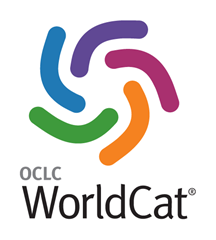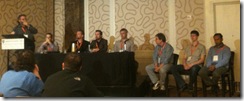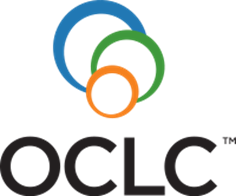
Get Yourself a Linked Data Piece of WorldCat to Play With
You may remember my frustration a couple of months ago, at being in the air when OCLC announced the addition of Schema.org marked up Linked Data to all resources in WorldCat.org. Those of you who attended the OCLC Linked Data Round Table at IFLA 2012 in Helsinki yesterday, will know that I got my own back on the folks who publish the press releases at OCLC, by announcing the next WorldCat step along the Linked Data road whilst they were still in bed. The Round Table was an excellent very interactive session with Neil Wilson from the British Library, Emmanuelle Bermes from Centre …








